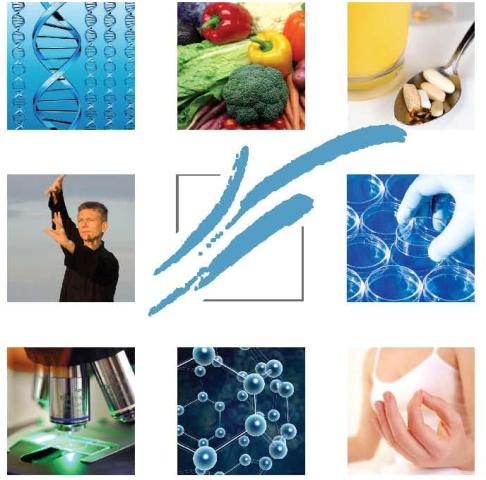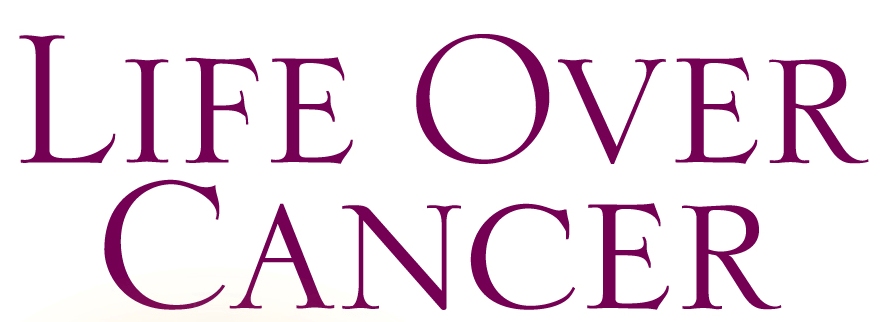
|

|

|

|
|
Ask Dr. Block
|
Whole Soy Products
Question: What are your thoughts on eating whole soy products (tofu, miso, edamame) for breast cancer patients? I’ve read that people who have consumed soy products their entire life can continue to do so, but those who have not should limit their soy consumption. Also, there seems to be a distinction between pre- and post-menopausal breast cancer patients?
Answer: I feel that breast cancer patients can use whole soy foods as a part of an overall healthful, mostly vegetarian diet. We recommend eating soy foods two to three times per week; while they are good protein sources, they are also rather high in fat, which limits their role in a low-fat diet. The issue with soy foods and breast cancer is that in addition to proteins, soy foods contain phytochemicals called isoflavones. Isoflavones have many healthful properties, but they do have weak estrogenic effects, and thus, there is some concern that they could mimic the effects of the body’s estrogen in patients with estrogen-responsive (ER+) breast cancer. These compounds are also called “phytoestrogens.” However, several studies have shown that the isoflavones actually do not stimulate the growth of breast cells with clinically significant consequences, if consumed at levels one would find in a normal diet. (That is, not indulge in multiple tofu shakes each day.) But I would warn women with ER+ breast cancer not to take isoflavone supplements, since these are isolated from the whole food and are thus highly concentrated, and may stimulate growth of breast cells.
Your question about limiting soy consumption if you have not consumed it your entire life arises from studies showing that women in Asian countries who consumed soy products from the time they were children definitely had lower breast cancer risks than women in Western countries. Thus, researchers felt that soy consumption from childhood is likely safe, but were hesitant to recommend that women begin soy consumption around the time of menopause, because of possible estrogenic effects, and mainly because they lacked data to support the advisability of starting soy foods later in life. But I want to emphasize the later research does not support any major concerns about estrogenic effects. And as I’ve cautioned, I don’t, feel that this gives one a license to fill up on processed soy foods 3 or 5 times a day during menopause or any time of life!
The difference between pre- and post-menopausal patients arises because premenopausal women have large amounts of natural estrogens circulating in the body. Adding the weak estrogenic compounds of soy is unlikely to add to the overall estrogenic stimulation of breast cell growth. Post-menopausal women, however, have much lower estrogen levels, since their ovaries no longer produce estrogen (though their fat tissues do). Adding soy products in this case would be more likely to cause problems. But as I’ve explained, the data that we have on hand now do not support this concern, except for the use of isoflavone supplements.
|
|
|

|
|
 Keith I. Block, M.D.
Keith I. Block, M.D.
 read our blog
read our blog

 Keith I. Block, M.D.
Keith I. Block, M.D.
 read our blog
read our blog

